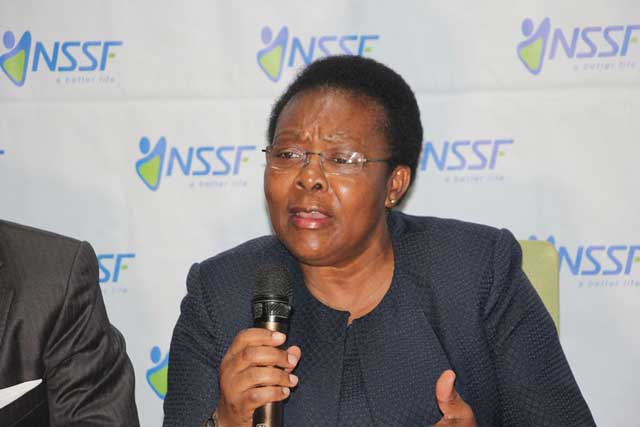
Kampala, Uganda | THE INDEPENDENT | The Uganda Blood Transfusion Services (UBTS) is struggling to hit blood collection targets with the persistence of stock-outs.
When URN contacted UBTS Executive Director Dr Dorothy Kyeyune Byabazaire on Sunday, refused to comment on the status of the stocks whereas Public Relations Officer Micheal Mukundane said he was uncertain of how much blood they have as he hadn’t been to the office since Friday.
But, while they couldn’t divulge, a source who spoke on condition of anonymity said Nakasero Blood Bank has been struggling since the beginning of the lockdown in late March. He said this week has been particularly bad with stalls that previously would be filled with blood brought through daily collections going empty for days.
Dr Robert Lubega, the Deputy Secretary-General of the Association, says that they had been alerted about this stock out saying it arises from the fact that schools that account for the biggest percentage of donors remain closed.
From collecting an average of about 25,000 units per month, Lubega says recently they have been collecting under 15,000 units.
He said last month, the Medical Association President Dr Richard Idro visited the facility and reported that UBTS was rationing blood because of shortages.
However, annually, even without school closures, UBTS collects an average of 300,000 units, which is below the country’s need estimated at 420,000 units. Most of the blood collected is utilized by mothers who over bleed at delivery, those involved in road traffic accidents and child with severe anaemia due to malaria, sickle cell disease and cancers.
With these persistent shortages of blood, these groups risk losing their lives and to Lubega this calls for a change in strategy into interesting individuals to visiting collection centres to donate than waiting for campaigns that attract crowds or for schools to re-open.
According to experts, a healthy adult male can donate blood four times a year and three times a year for a female.
This call for new blood collection strategies is in tandem with a new campaign by the World Health Organization which calls upon people to voluntarily give blood. To last a year, the campaign is running under the slogan, ‘Give blood and make the world a healthier place.’
The idea is to focus on the contribution an individual giver can make to improve health for others in the community.
*******
URN
 The Independent Uganda: You get the Truth we Pay the Price
The Independent Uganda: You get the Truth we Pay the Price


